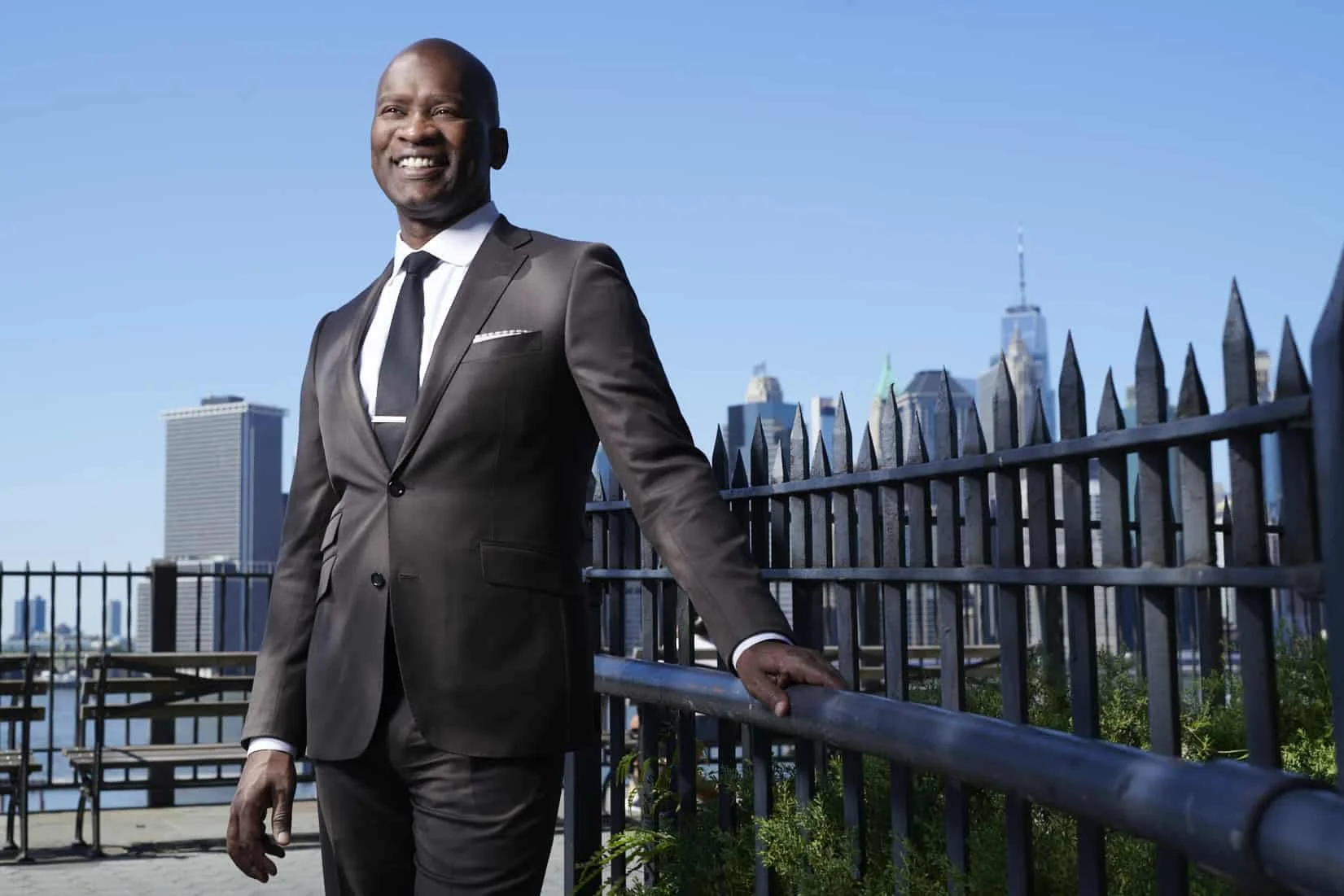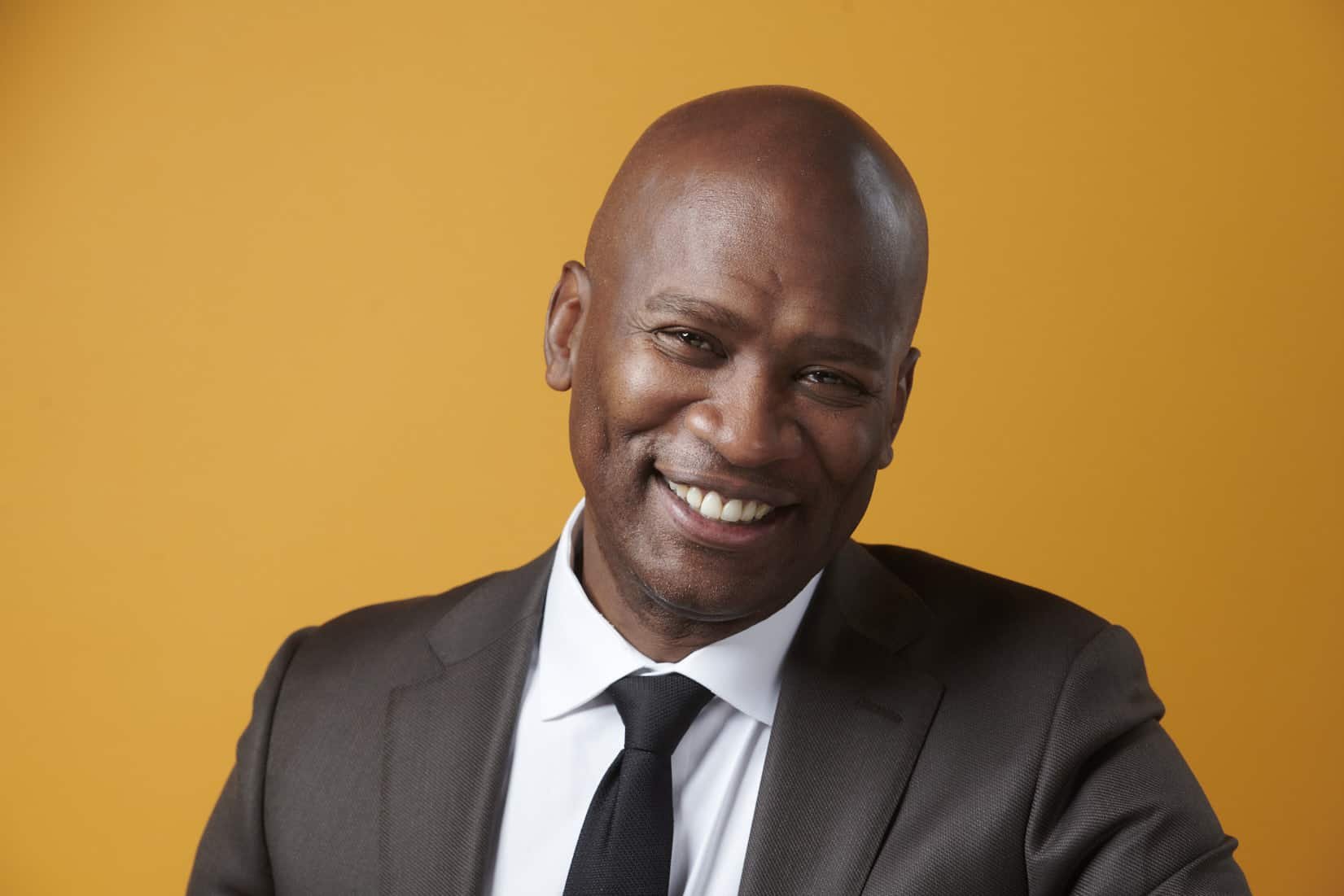
photos
PRESS









Step behind the curtain and watch the behind-the-scenes video of Our Day. See the process showcasing Dokes' passion and creativity alongside the incredible band to bring each song to life.
Press Quotes
“Singer John Dokes, his low tones suggestive of Joe Williams and Nat Cole, brings out the heart of five famous tunes with a sober, measured delivery.” - Downbeat Magazine
The guys got confidence in his instincts a good sign for a Jazz vocalist” -Jazz Weekly
“Twenty years after the passing of Joe Williams, John Dokes seems primed to be one of the emerging jazz artists most likely to carry forth the legend’s elegantly refined soul-blues style. On True Love, the second in a planned trilogy of quintet albums that began with 2017’s Forever Reasons, Dokes uses his soulful, silky-smooth baritone to plumb fresh, alternately whimsical and deeply heartfelt ways to ponder the joys, pitfalls and vagaries of love and romance” — Jonathan Widran, Jazziz Magazine
“. . . Dokes sets his after hours sights on being this generation’s standard bearer for classic jazz vocal. Already a known quantity for his work with George Gee’s orchestra, Dokes does this magnificent job of taking you back to the day without this being a set of manqué-ing around. Swinging and warm throughout, you will find yourself wondering who this is from back then when it finally hits you this is now. Note perfect throughout, this is a wonderful return to class and sophistication that just can’t be beat. Hot stuff.” — Chris Spector, Midwest Record
"Here’s a guy that knocks me out every time he puts out an album. John Dokes has the classic honey’d soul voice, relaxed and suave..." - George W. Harris, Jazz Weekly
ABOUT JOHN DOKES
With inspiration from his stylistic ancestors Nat King Cole and Joe Williams, John Dokes brings new life to the deep-souled world of baritone jazz vocals on his elegant new album, Our Day on his Swing Theory Entertainment imprint.
In delivering a distinctive post-pandemic outing of classic songs embodied with hopeful passion, Dokes—also promises that his new endeavor is “an album that will make you move.”
Our Day features songs associated with Cole (such as the smooth low-toned “Almost Like Being in Love,” the delightful Rodgers and Hart gem, “This Can’t Be Love,” the Latin-vibed “L.O.V.E.” that elicits dancing), two vocalese numbers (Jon Hendricks’ take on one-time Jazz Messenger composer Bobby Timmons’ “Moanin’,” Mark Murphy’s swinging run through Freddie Hubbard’s “Red Clay”), the full-energy pop vibe on Billy Ocean’s hit “Suddenly,” the calming Michel Legrand tune “I Will Wait for You” made famous from the Frank Sinatra songbook.
“I grew up dancing hip-hop, I made a transition to something that I could do for a longer time in my life,” says Dokes. “I switched to Lindy Hop also known as swing dancing. I came to singing later in my life, but I gravitated to the music I was most passionate about—the eras of the ‘40s, ‘50s, early ‘60s. I started picking songs that really moved me.
Dokes’ last two albums were quintet affairs. For Our Day, he convened a nonet that includes members of the New York-based George Gee Swing Orchestra where he launched his career as a vocalist. (He documented that with his debut album, John Dokes Sings, George Gee Swings.) Key to the album’s success is the arranging of Gee’s musical director trombonist David Gibson. “Dave is a great arranger,” Dokes says. “He provides layers for the nonet where everyone has a chance to shine on solos as he fills up the space with his lines.”
Now, with his fourth album, Dokes has fully arrived. There’s not a dull moment on Our Day. He opens with “Our Day Will Come.” “It’s a love song,” Dokes says. but it’s also an opening from the past. Now is our time. Now is our day. It’s really a song about us as a band coming back together.”
Originally, Dokes was in the midst of fashioning a trilogy of quintet recordings (2017’s Forever Reasons and 2019’s True Love on Ian Hendrickson-Smith’s Rondette Jazz label). While the third album is still in the works, a couple of events intervened. “I got derailed,” says Dokes. “First, my drummer Lawrence Leathers died after True Love came out. I moved to Chicago with my wife and two children. Then there was the pandemic that changed how I was looking at the future. I had to restart my brain. I decided to work on some of my material that had never been recorded. I contacted George Gee and he was working on his nonet’s Christmas album in May 2023, so we combined that with David arranging my album. It was a back-to-back operation of small big bands.”
The nonet comprises saxophonists Anthony Nelson Jr. and Michael Hashim, multi-reeds player Patience Higgins, trumpeters Freddie Hendrix and Andy Gravish, Gibson on trombone. pianist Steve Einerson, bassist Malik McLaurine and drummer Chris Latona.
A native of Little Rock, Arkansas who grew up living in Oakland, California, Dokes never dreamed of becoming a professional singer even though he was fascinated by black-and-white reruns of Nat Coles’ short-lived 15-minute network television show that ran on NBC in 1956. “I watched them nonstop before I ever thought about singing,“ Dokes says. “But there was his elegance, his smoothness, his ease. That resonated with me. And it informed how I approach my singing today. I don’t dive into a lot of vocal acrobatics - but like some of my favorite acrobatic and non acrobatic singers I like to lean in and tell the story to connect with my audience.”
His father was steeped in music while Dokes was growing up. He played Nat King Cole albums in the house, and he was in an r&b band in the Bay Area in the ‘70s that often opened for soul/r&b stars of the day like The Whispers and The Stylistics.
He moved to New York and became a regular at swing dance shows including dates by the George Gee Swing Orchestra. One of his dance partners was the legendary Lindy Hopper, cabaret star, alto sax player Dawn Hampton, the cousin of jazz hero Lionel Hampton and sister of legendary trombonist and composer Slide Hampton. She told him that she really liked his voice when he was dancing. “If Dawn likes my voice, I’m going to surprise her one night and sing a couple of songs with George’s band. George only knew me as a dancer. He saw my potential and asked me to join the band. That built my confidence and gave me the path to get better.”
Even though the classic tune “Moanin’” with its bluesy tone and plaintive lyrics is far from hopeful, Dokes says that there’s a truth to the song that attracts him. “It’s an outlier from the rest of the songs, but I was having fun with it by taking on his character,” he says. “In some ways it reminds me of the pandemic, especially with the lines, ‘I’m so tired of paying these dues.’ He’s saying, I’m over this.”
On “Red Clay,” Dokes’ vocal delivery shifts. “Yes, my voice is definitely different,” he says. “David’s arrangement really swings. Any time you vocalese things, it takes you to a different place. It pushes your voice.” As for Legrand’s “I Will Wait for You,” Dokes says, “I love the ease with the song. It’s the best song for someone to sit back and relax into the weekend.”
After the flirtatious Nat-hit “Don’t Blame Me” comes the Rodgers & Hart beauty, “This Can’t Be Love,” about overcoming doubt. The end song, Bernard Ighner’s “Everything Must Change” from Quincy Jones’s 1974 Body Heat album, is the perfect thematic close to an assured recording. “My father used to sing this song,” Dokes says. “David takes this to a different place stylistically with a subtle funk arrangement. It changes but the message is still the same. Hopeful? Yes. I’m hoping we can figure out a way to fully come out of the pandemic as well as solve the general social climate we’re in.”
Indeed, in Dokes’ special 10-song showcase, Our Day has arrived just in time.